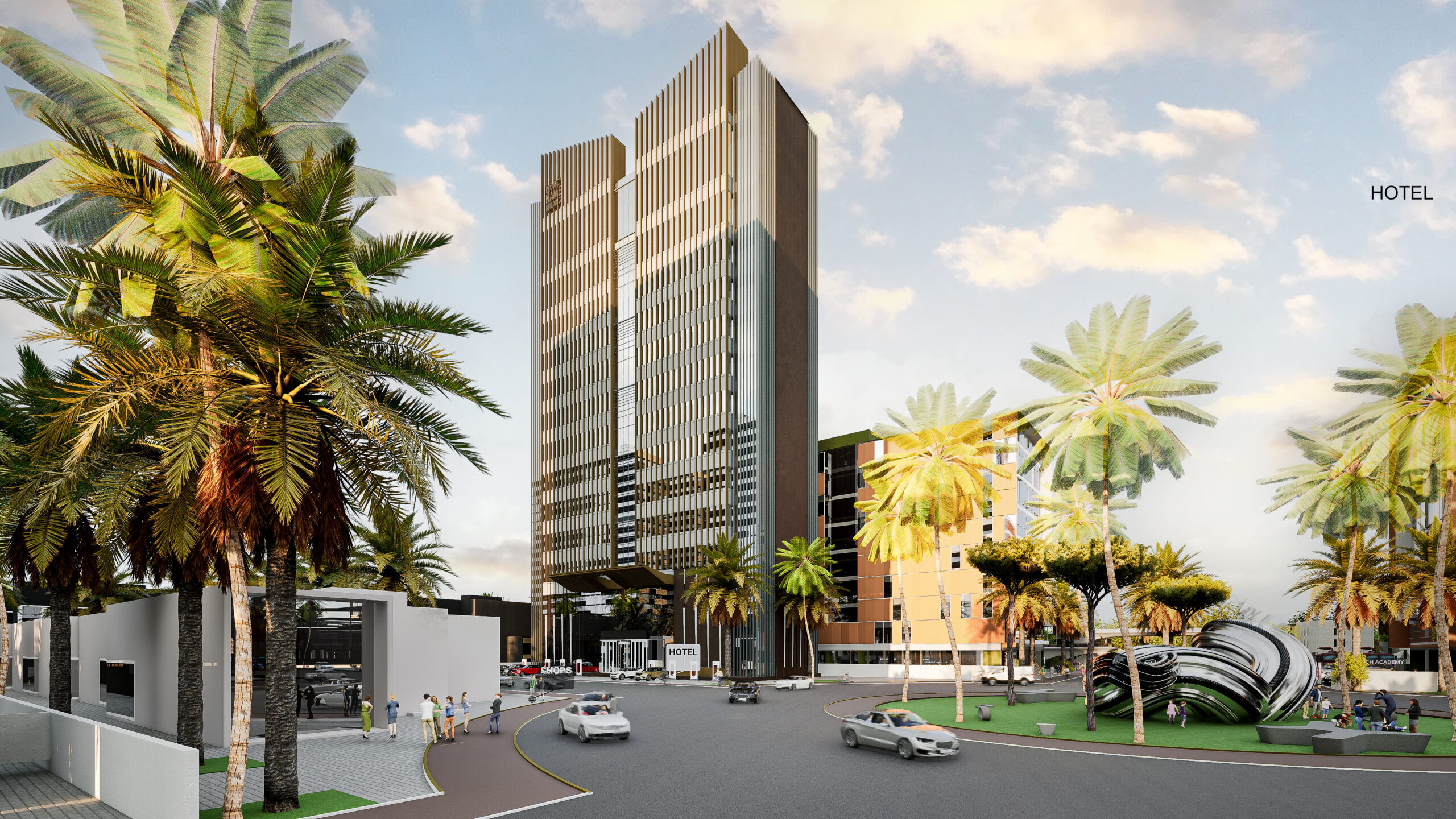
Real Estate market in 2024: global trends and predictions
- Interior
- By techcity
- January 9, 2024
- No Comments
Predicting global trends in the real estate market for 2024 involves considering various factors such as economic conditions, technological advancements, demographic shifts, and geopolitical factors. While it’s challenging to make precise predictions, we can identify some overarching trends that may shape the real estate market in the coming years:
- Shifts in Urbanization Patterns: Urbanization continues to be a significant global trend, with more people moving to cities in search of economic opportunities and a better quality of life. This trend is likely to drive demand for urban real estate, including residential and commercial properties in major cities worldwide. However, we may also see increased interest in suburban and rural areas as remote work becomes more prevalent, allowing people to live further away from city centers.
- Technological Integration: The real estate industry is increasingly embracing technology to streamline processes, enhance efficiency, and improve the overall customer experience. Technologies such as artificial intelligence (AI), virtual reality (VR), and blockchain are being used to optimize property search, streamline transactions, and increase transparency in the market. Additionally, smart home technology is becoming more common, with features like home automation and energy efficiency attracting buyers and tenants.
- Sustainability and Green Building: Environmental sustainability is becoming a top priority for real estate developers, investors, and tenants. Green building practices, such as energy-efficient design, renewable energy sources, and sustainable materials, are being adopted to reduce carbon footprints and operating costs. Properties with green certifications, such as LEED or BREEAM, are likely to command higher premiums and attract environmentally-conscious buyers and tenants.
- Demographic Changes: Demographic shifts, including aging populations, changing household structures, and immigration patterns, are influencing real estate demand and preferences. For example, the aging population in many countries is driving demand for senior living communities and healthcare facilities. Similarly, millennials entering their prime homebuying years are influencing demand for affordable housing, urban amenities, and flexible living arrangements.
- Global Economic Conditions: Economic factors, such as interest rates, inflation, and job growth, play a significant role in shaping the real estate market. While economic recovery from the COVID-19 pandemic is expected to drive demand for real estate in many regions, uncertainty remains regarding potential economic downturns, geopolitical tensions, and policy changes that could impact market dynamics.
- Rise of Co-living and Co-working Spaces: The sharing economy is influencing the way people live and work, leading to the rise of co-living and co-working spaces. These shared living and working arrangements offer cost-effective solutions for young professionals and digital nomads seeking community and flexibility. As a result, we may see increased investment in co-living developments and flexible office spaces.
Overall, the real estate market in 2024 is likely to be shaped by a combination of urbanization trends, technological advancements, sustainability initiatives, demographic shifts, and economic factors. While predicting the exact trajectory of the market is challenging, staying informed about these trends can help investors, developers, and policymakers make informed decisions in an ever-evolving landscape.

